
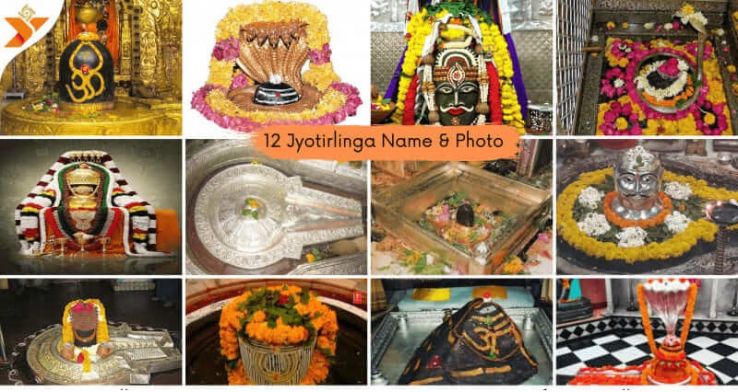
Lord Shiva, revered worldwide, is enshrined in the ling gorm called Shivalingam or Jyotirlingas, a powerful union of Shakti and Shiva. With its rich cultural heritage and temples, India is home to 12 Jyotirlingas, each steeped in historical and mythological significance. These sacred shrines, particularly in the month of Saavan, invite us to delve into their intriguing historical and mythological context. Let's explore the unique stories behind each of these jyotirlingas, one by one, in this blog.
1. Somnath Jyotirlinga
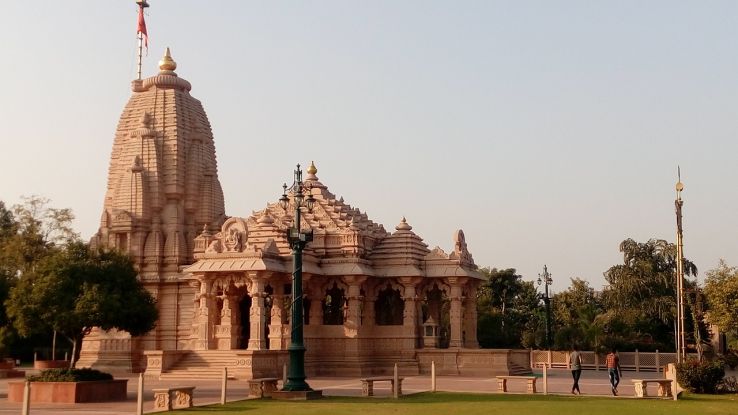
Timings: 6 AM to 10 PM
Location: Somnath, Gujarat
Dress Code: Indian Wear
The Somnath Jyotirlinga is among India's best places to worship Lord Shiva. This was built by the Moon God himself. As per the Shiv Purana, Moon married the 27 daughters of Daksha, but Rohini was his favourite of all the sisters. All the other sisters complained about his bias to Daksha, who was furious and warned him. But, when Moon did not give an ear to his warnings, Daksha cursed him, saying that as he overlooked his daughters for his beauty, he would lose his shine and beauty and keep wearing away every day. Moon went to lord Shiva, who saved him from the disease and pain. Finally, he took dips in the Saraswati River and got his lustre back. Moon made the Somnath temple and worshipped Shiva to bow to him in gratitude.
2. Mallikarjuna Jyotirlinga
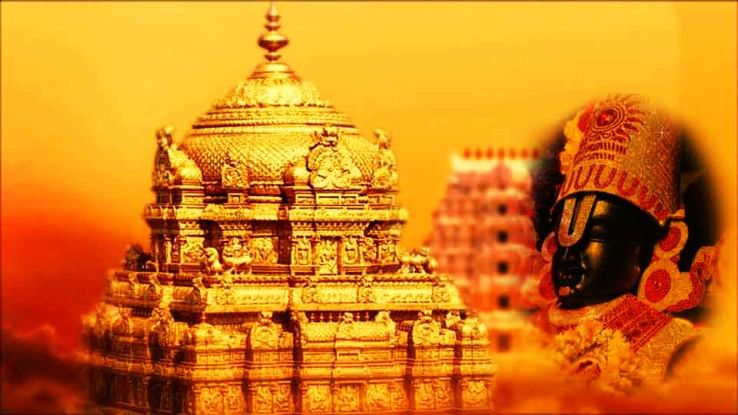
Timings: 5:30 AM to 9:30 PM
Location: Srisailam, Andhra Pradesh
Dress Code: Indian Wear
Sri Bhramaramba Mallikarjuna Temple in Andhra Pradesh is the second jyotirlinga. It is among the most famous Temples in South India. As stated in the Shiva Purana, there was once a dispute between Ganesha and Kartikeya, the sons of Lord Shiva, about who would be worshipped first. There was a race between the two of them to resolve the dispute. Both of them were to take a round of the world. Kartikeya promptly jumped on his peacock and went, but Ganesha completed a round around his parents and said they meant the world to him.
His intelligence and respect for his parents earned him the title of the first worshipped God, and he also married him to Riddhi and Siddhi, making Kartikeya sad. He left Kailash and went to Mount Krounch in the South. Once, Shiva and Parvati visited to meet their son. It is supposed that Shiva appeared as Arjuna on Amavasya and Parvati as Mallika on Poornima; hence, the name is Mallikarjuna Jyotirlinga. The temple is measured as the living Kailash on earth, and worshipping here is equal to worshipping the powers of the universe.
3. Mahakaleswar Jyotirlinga
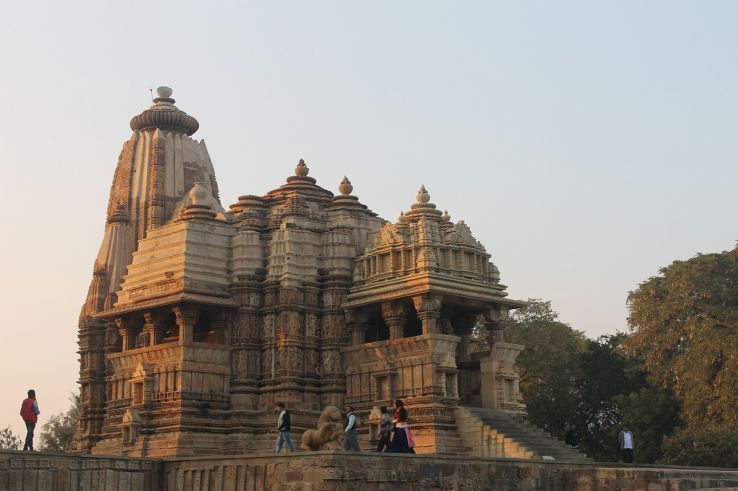
Location: Jaisinghpura, Ujjain, Madhya Pradesh
Timings: 3 AM to 11 PM
Timings of the Bhasm Arti: 4 AM to 6 AM
Dress Code: Indian Wear Only Ladies must dress up in Sarees and males to dress in Dhotis during Bhasam Arti
Mahakaleshwar Jyotirlinga is a self-manifested form of the divine. The temple is located on the side of the river Shipra in Ujjain. It is amongst the two Jyotirlingas in Madhya Pradesh; the other is Omkareshwar Jyotirlinga, about 140 km from here. Mahakaleshwar means the God of time and death. It is the only jyotirlinga facing the South, while all others face east. In Hinduism, the south is considered the direction of death and worshipping Mahakal averts Akaal Mrityu or untimely death.
As per the Shiva Purana, Ujjain was ruled by Chandrasena, a devotee of Shiva. Once, when he was chanting the name of Shiva, a farmer's boy, Shrikhar, also started chanting with him but was vehemently removed by the king's guards. He was sent to the borders of the Shipra River, where he found that a neighbouring army was about to attack Ujjain. Shrikhar started to chant Shiva’s name, and the news got to a priest named Vridhi, who also prayed to Shiva to help them. Upon hearing the requests of his devotees, Shiva appeared in the Mahakala form and destroyed the enemies of Chandrasena.
Upon request, Shiva agreed to reside in Ujjain and become the chief god of the Kingdom. He is the solitary King of Ujjain. Devotees worshipping Shiva in Mahakaleshwar get free from the fear of death and diseases. The ancient temple was demolished by Iltutmish and reconstructed by Maratha general Ranoji Shinde in 1734 CE.
4. Omkareshwar Jyotirlinga
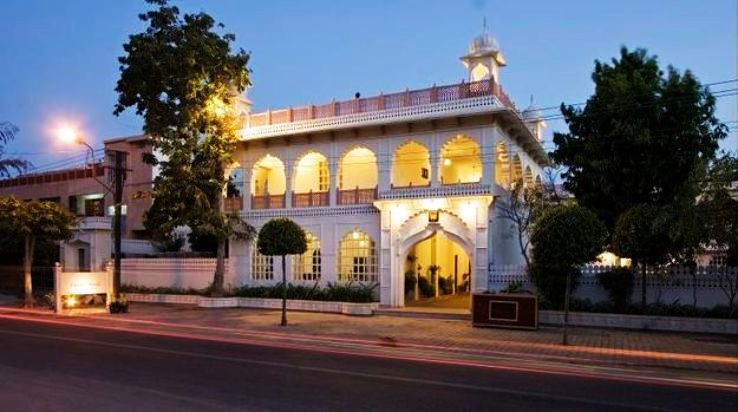
Location: Mandhata City, Khandwa, Madhya Pradesh
Timings: 5:30 AM to 9 PM
Dress Code: Indian Wear
Omkareshwar Jyotirlinga is on Shivpuri Island on Narmada and the Kaveri River bank. Devotees can come to this shrine with the help of boats and bridges. The most divine part is that the island is shaped like the symbol Om. There are two stories behind this. As per the Shiva Purana, Vindhyachal Mountain was a devotee of Shiva. Once, he made a lingam in mud and sand and started chanting the name of Shiva. With his dedicated austerity, Shiva appeared in Omkareshwar and Amaleswara. Since then, the island seems to be in the shape of OM.
Another legend is that once, there was a massive war between the Gods and the Demons. When the demons were winning, all the Gods started praying to Shiva. At their request, Shiva appeared as Omkareshwar Jyotirlinga and saved the gods. Omkareshwar Temple is an ancient temple on the riverbank with attractive carvings and 60 massive pillars. Visiting it in Saavan is one of the best things to do in India.
5. Kedarnath Temple
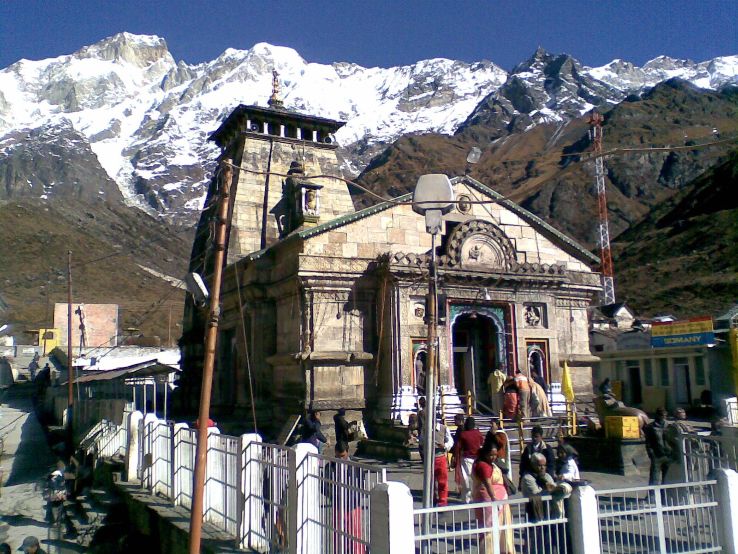
Location: Kedarnath, Uttarakhand
Timings: 4 AM to 9 PM
Dress Code: Indian Wear
Kedarnath is one of the Chota Char Dham Yatra pilgrimage sites in Uttarakhand. Kedar Dham is located among the snow-covered mountains and grassy pastures. Full of alluring vibes, the temple is amongst the 12 Jyotirlingas in India. Kedarnath means the Lord of the field. It is stated in the Garuda Purana that visiting the Kedarnath Temple extinguishes all sins. The Pandavas built the temple. As said by Skanda Purana, after the Mahabharata, Pandavas asked sage Vyas about how they could get rid of the sin of killing their kiths and kins and also the guru. Sage Vyas said only Lord Shiva can grant them liberation from their sins.
He said visiting Kedar would free them of their sins. Pandavas reached Kedarnath and searched for Shiva, unhappy with them because of the war. They kept praying to him until they found a bull standing among the mountains that started running. Bheem, the second Pandava, ran behind the bull and tried to tug his tail. Next, Shiva, there as a bull, dug deep into the ground and recurred in parts. The hump was found in the Kedarnath.
Adi Shankaracharya built the present temple around 1,200 years ago. It is made from rectangular slabs with Pali inscriptions on the steps. Devotees say their wishes in the ears of the giant Nandi Bull statue standing at the entrance.
6. Vishwanath
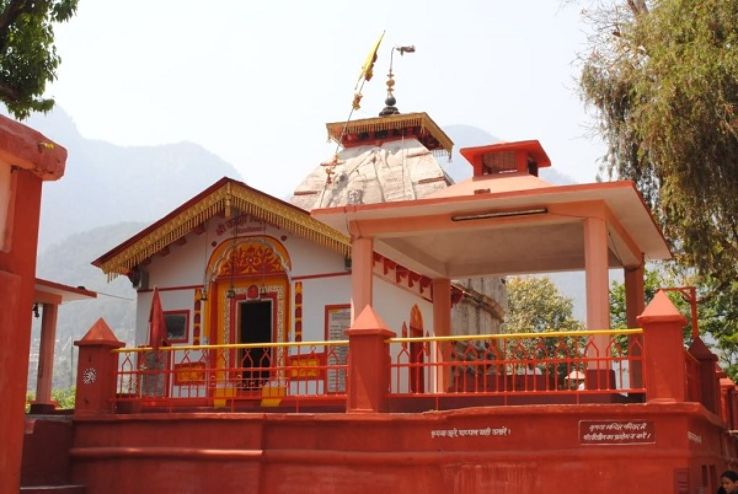
Location: Lahori Tola, Varanasi, Uttar Pradesh
Timing: 6 AM to 6 PM
Dress Code: Indian Wear
The Kashi Vishwanath Jyotirlinga is located on the Ganga River. According to the Puranas, the Kashi Vishwanath Temple was first built by King Vikramaditya about 2500 years ago. It was destroyed by Qutb-ud-din-Aibak in 1194 AD and then by Aurangzeb in 1669, who constructed a mosque there. Rani Ahilya Bai Holkar of Indore built the temple on its neighbouring site in 1777. The Gyan Vapi mosque was once the Gyan Vapi Temple and the Shivalinga and Nandi are still there.
The story of the temple is mentioned in the Shiva Purana. Lord Shiva’s dwelling is on Mount Kailash. But his mother-in-law was displeased and wanted a stable home for her Parvati. Shiva asked Nikumbha to make a palace for his family in Kashi. Parvati was delighted and distributed Kheer to everyone; she is called Annapoorna. It is said that the people who die here attain eternal solace. Varanasi's neighbouring ghats will soothe your mind and make you comprehend the idea of life.
7. Trimbakeshwar Temple
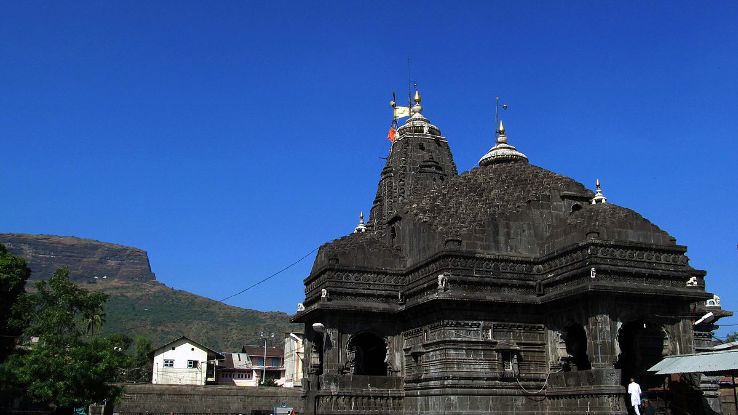
Location: Trimbak, Maharashtra
Timings: 4:30 AM to 8 PM
Dress Code: Indian Wear
Trimbakeshwar Jyotirlinga is located among scenic mountains. The temple is between Nilagiri, Brahmagiri, and Kalagiri hills, and the Godavari River flows nearby. The Pandavas initially built the temple, which Peshwa Balaji Baji Rao later renovated in the mid-18th century. The temple was named after the three-faced Shivalingam, which honors Bhrama, Vishnu, and Shiva.
The story of Trimbakeshwar is related to Saint Gautama, who lived in Brahmagiri hills with his wife, Ahalya. God blessed him with abundant food and rainfall, even throughout the famine. He feeds all the saints and locals coming to his hermitage. Once, Indra was envious of him and sent a cow to his fields, destroying the crops. The sage tried to stop her, but she did not listen. As he wanted to send her out, the cow died. He was remorseful, so he prayed to Shiva to pardon him and free him from his sins. Happy by his prayers, Shiva appeared and flowed Ganga into his hermitage, liberated him from sin, and established himself here in a Jyotirlinga form.
As the Puranas said, the people who worship Trimbakeshwar Jyotirlinga are freed from sins and receive the blessings of the Tridevas, or the Trinity. This is the solitary Jyotirlinga with the powers of the Trinity. The famed Kumbh Mela happens here once every 12 years, making it one of Maharashtra's finest places to visit in Sawan.
8. Baidyanath Jyotirlinga Temple
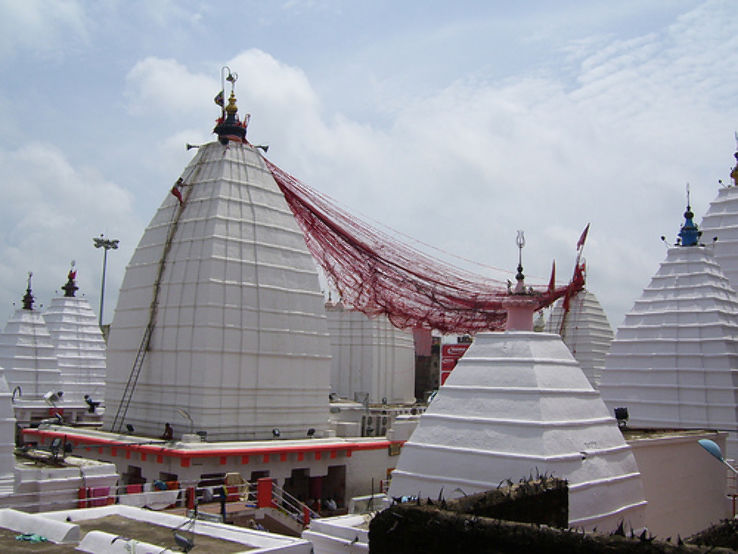
Location: Deoghar, Jharkhand
Timings: 10 AM to 8 PM
Dress Code: Indian Wear
Baidyanath Jyotirlinga is one of the most ancient temples in India. The temple dates to the Treta Yug. It was renewed from time to time. The last Emperor of the Gupta period also built a pond at Deoghar, which was recognized as Mansarovar. The temple endured Muslim assaults and is considered a place of eventual strength. Along the key temple complex, devotees can visit the further 21 temples of Ganesha, Parvati Hanuman, Kalabhairav, Ram-Lakshman-Sita, Ganga, Kali, Annapurna, and Lakshmi-Vishnu and more.
The Parvati temple is tied with the principal Shiva Temple with red threads, and Nandi stands outside at the door. As per the Shiva Purana, Ravana worshipped Lord Shiva and offered his ten heads to Shiva. Shiva appeared, cured Ravana, and gave him a boon. As God was vaid, it meant a doctor; hence, the name Baidyanath was given to him. One more story is that once Ravana made a golden Lanka and was about to gift it to Shiva, he felt greedy and asked Shiva to live with him in Lanka. Shiva gave him a Shivalinga and said he should not keep the Shivalinga on the ground until he reached his destination.
Parvati got worried and asked Ganesha to tackle this. Ganesha took the form of a small Brahman boy and started walking with him. Varuna, the God of water, entered his stomach, and when he needed to relieve himself, he asked the boy to hold the Shivalinga. When he returned, he saw Ganesha had kept Shivalinga on land, and Ravana had to go alone to his Lanka. This Shivalinga is called Baidyanath Jyotirlinga.
9. Nageshwara Jyotirlinga Temple
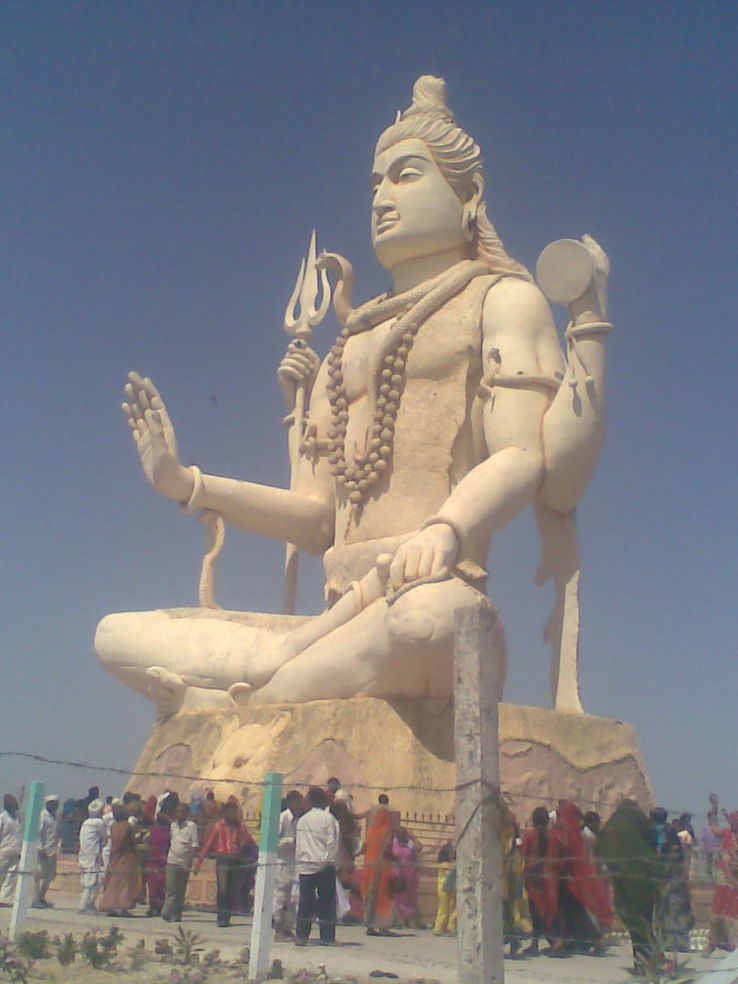
Location: Dwarka, Gujarat
Timings: 6 AM to 8 PM
Dress Code: Indian Wear
The Nageshwar Jyotirlinga is in Dwarka, Gujarat. It is considered a sacred abode of Lord Shiva. Once, Daruka, a demon, was inflicting havoc on Earth. The demon had learnt enormous power and was causing obliteration and misery to the people. The Devas and people sought the help of Lord Shiva to conquer Daruka. In response, Shiva took a Jyotirlinga form and appeared in the forest of Darukavana. This Jyotirlinga is called the Nageshwar Jyotirlinga.
Simultaneously, a devotee, Supriya, lived nearby. He was devoted to Shiva and worshipped him night and day. He had firm faith in Shiva. When Daruka learned about the existence of the Jyotirlinga, he became furious and tried to destroy it. However, Supriya stood guard near the Jyotirlinga, defending it with devotion and bravery. Despite being weak, Supriya's dedication and faith in Shiva strengthened him.
Ultimately, Shiva emerged from the Jyotirlinga in his actual form and defeated Daruka. Pleased by Supriya's devotion, Shiva granted him a boon. Supriya wished that anyone worshipping Shiva in Nageshwar Jyotirlinga would be free from all suffering. Since then, this Jyotirlinga in Dwarka has been a sacred site and draws several devotees.
10. Rameshwaram Jyotirlinga
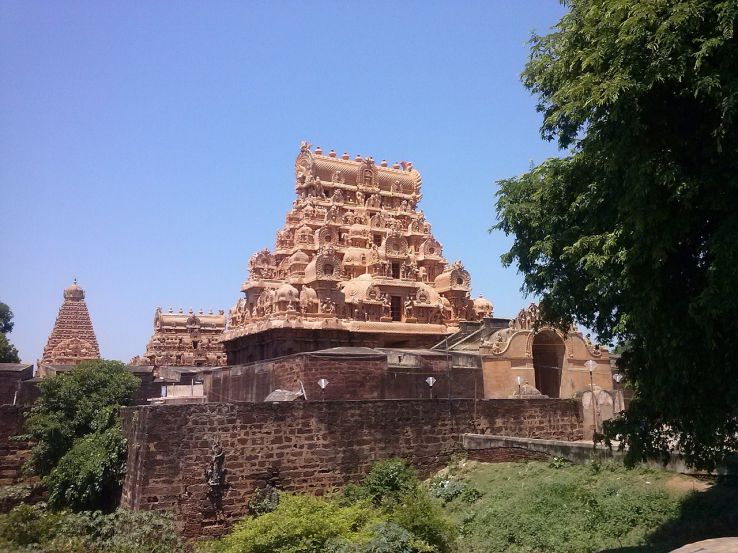
Location: Ramanathapuram District, Tamil Nadu
Timings: 5:00 AM to 12:00 PM and 6 PM to 8:45 PM
Dress Code: Indian Wear
Rameshwaram is located on Pamban Island in Tamil Nadu, South India. It is one of the Char Dhams of India and is a heavenly place dating to the era of Ramayana. Rameshwaram is one of the 12 Jyotirlingas, recognized for its sacred temple of Shiva. As per the Ramayana, a notable event happened when Lord Shri Ram's army built a bridge to rescue Sita. Each stone had the name Rama, and opposing scientific logic, these stones challenged gravity and floated. Sincerely grateful Lord Rama created a Shivalinga. He prayed to the Shiva, expressing gratitude and seeking blessings for the battle against the demon king Ravana. When boarding on Charm Dham Yatra. Uncountable devotees visit this place each year. Before entering the temple, visitors bathe in the holy waters of Agni Theertham, a nearby sacred sea.
Two substantial lingams hold profound implications. Lord Rama crafted one, while Lord Hanuman brought the other from Kashi. Located about 36 kilometres from the chief temple, nearby via Dhanushkodi, in jeeps, this bridge stands as an extraordinary testament to the events described in Ramayana. The stones continue to float in the sea even now.
11. Grishneshwar Temple
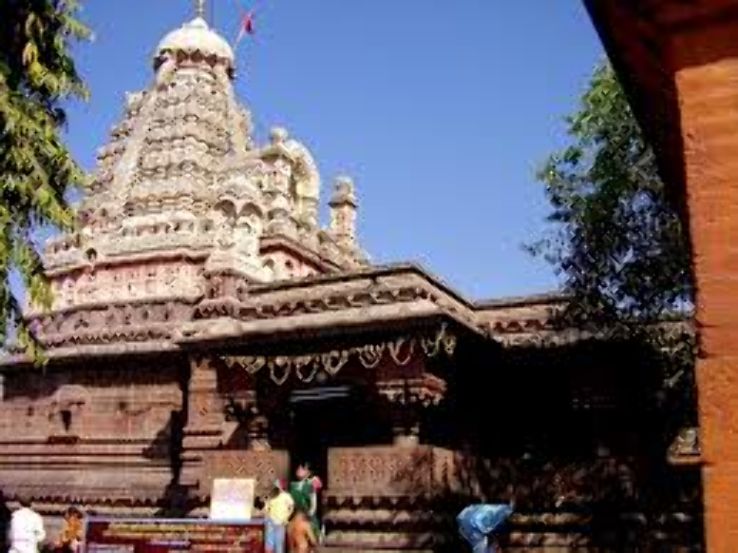
Location Verul, Maharashtra
Timings: 5:30 AM to 9 PM
Dress Code: Indian Wear
Grishneshwar Jyotirlinga in Maharashtra is the last on the list. As per the Padma Purana and Shiv Purana, Kusuma was a Shiv devotee. She worshipped Shiva daily by making shivalinga of mud and later immersing it in the river. The first wife of her husband was her sister only. She got envious of Kusum's dedication and killed her son. Even hereafter, Kusum did not stop praying to Shiva, who was happy with her commitment and austerity and returned her son’s life. She requested him to pardon her sister and stay there to guard her family and others. Shiva manifested himself as a Jyotirlinga.
Millions of people visit this temple annually. The Mughals demolished it, which was rebuilt by Shivaji's grandfather, Maloju Bhisale of Verul, in the 16th century. Ahilyabai Holkar built the present construction in the 18th century AD. Made of attractive red stones, the temple has lovely carvings of the ten incarnations of lord Vishnu on the walls, glories of Shiva adorned on the pillars, and Nandi on the main door.


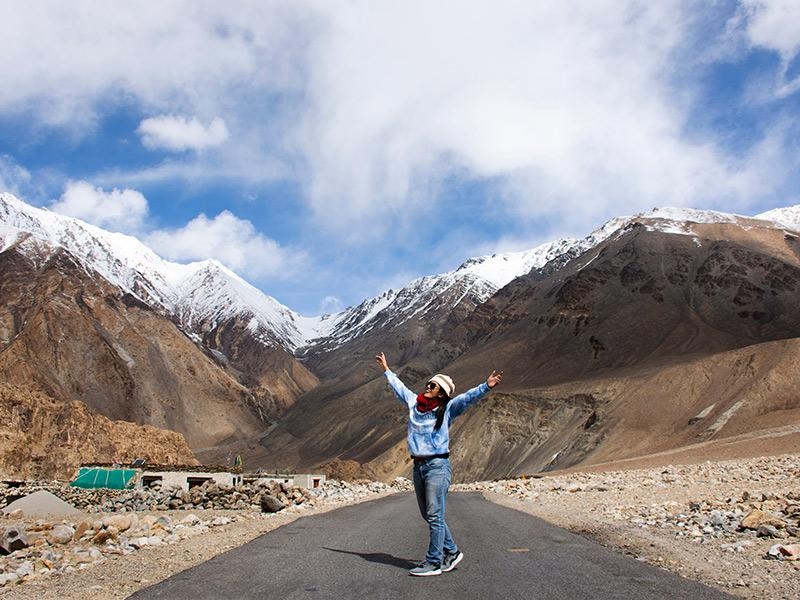



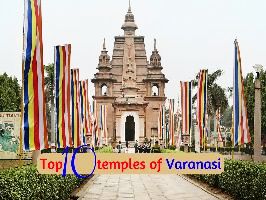
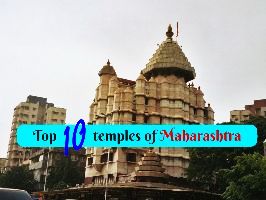
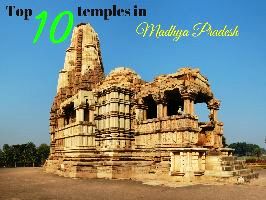


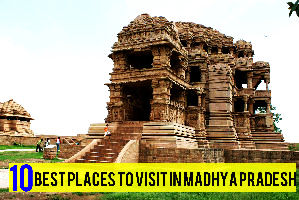

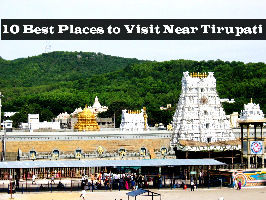
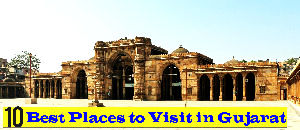



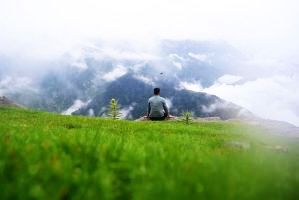

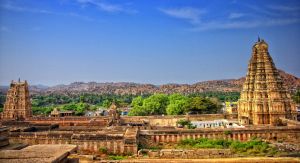

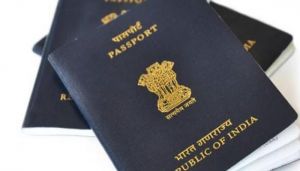


Author Bio